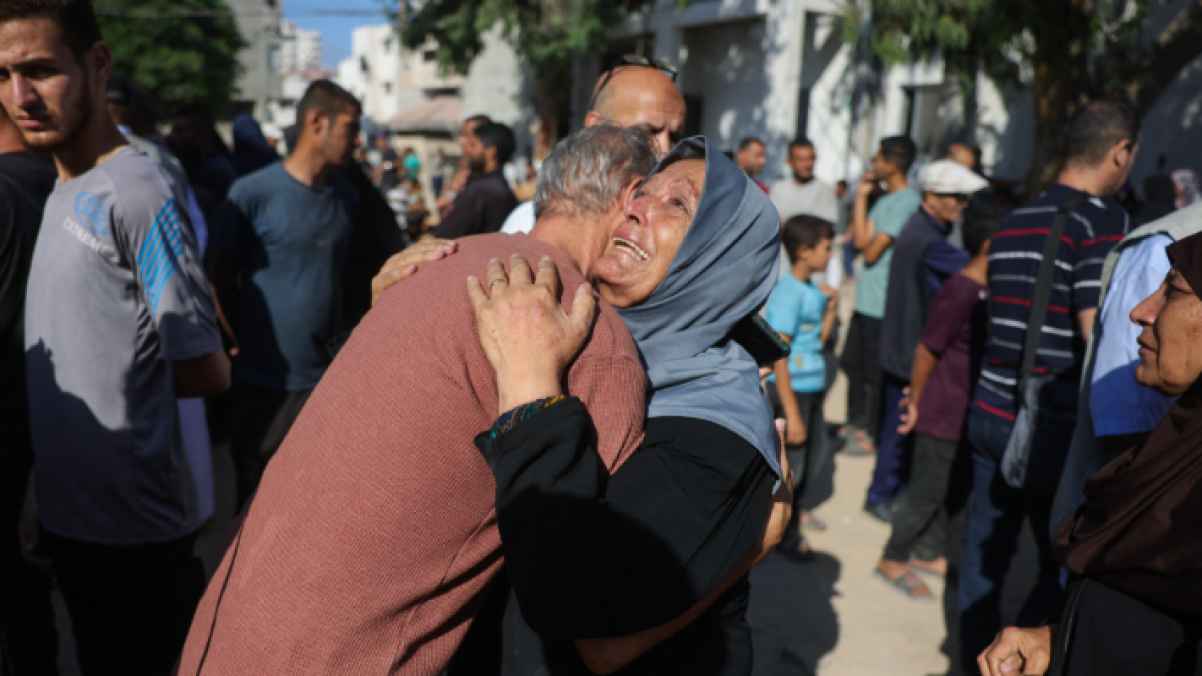Tears Under the Bombardment: When Gazans Weep for Their Condition Before Fearing Death

In the corners of the dark night hides a pain greater than any description—worn-out faces and eyes drowned in tears, not only because fear overwhelms them, but because sorrow has become an identity that never leaves their features. There are those who weep in silence, shedding tears over shattered lives, over dreams that never came to be, and over a tomorrow they are uncertain they will ever reach.
Children who once fell asleep to stories and fairy tales now rest their heads on the sounds of explosions—a cruel lullaby planting scars in their hearts deeper than their tender years. Mothers struggle to hide their tears, smiling at their children while carrying a volcano of grief in their chests, so that fear does not steal away the last fragments of safety from their little ones’ eyes.
Amid the chaos of destruction, the groan of the hungry and the sigh of the deprived go unheard, for the roar of missiles drowns out every human cry. Yet the truest sorrow lies in that moment when a broken soul sits blaming itself for a weakness it never chose, punishing its heart with tears, forgetting that death is lurking just above.
It is sheer torment when one weeps over their condition instead of finding someone to wipe their tears, when they cannot explain to their children what life means other than being an endless chain of fear and waiting. Tears mix with dust, and grief grows as heavy as the rubble that surrounds homes and chokes souls.
And despite it all, crying remains a silent act of survival—a muffled scream in the face of a deaf world. Those who weep for their own state leave their tears as testimony to their humanity, proof that despite everything they have not turned into stone, but remain human, with hearts bleeding quietly—even if the world forgets that above their heads the sky burns with fire.
